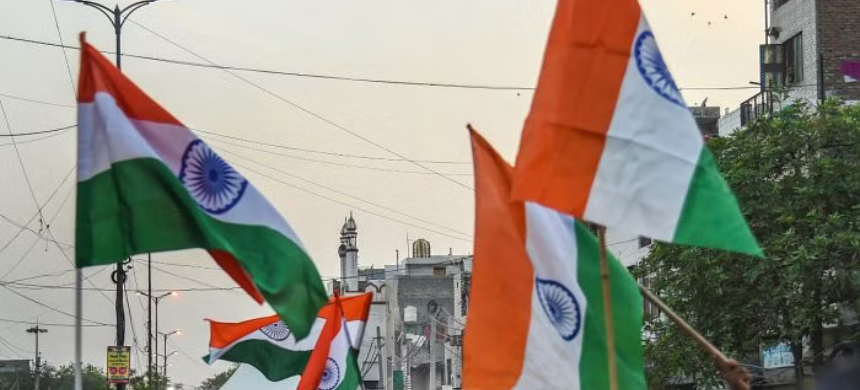India’s secular identity faces increasing threats as the Hindutva ideology gains ground, resulting in growing discrimination and violence against minority communities, especially Muslims, Christians, and Dalits. Under the leadership of the Bharatiya Janata Party (BJP), there has been a marked rise in policies targeting religious minorities, raising alarms both within India and internationally.
Since the BJP came to power in 2014, its policies, influenced by the Rashtriya Swayamsevak Sangh (RSS), have faced criticism for fostering an environment where religious minorities face discrimination, harassment, and violence. This aggressive stance has emboldened religious extremists, leading to an alarming increase in attacks on minorities and a growing climate of intolerance.
Read More: India Declines to Visit Pakistan for Champions Trophy
While India actively protests minor incidents involving Hindus abroad, the issue of violence against minorities within the country often goes largely unaddressed. This contradiction highlights a significant disparity between India’s foreign rhetoric and its domestic policies, raising concerns about the nation’s commitment to human rights.
The influence of Hindutva is not confined to India alone. The ideology has quietly spread to countries such as the United States, Canada, and the United Kingdom, where Indian diaspora communities advocate for Hindutva principles. This international spread raises concerns about the potential for sectarian tensions in these countries, as well as the integration of divisive ideologies into local politics and society.
International organizations, including the United Nations and human rights groups, have expressed growing concern over the worsening human rights situation in India. The rise of Hindutva and the increasing climate of religious intolerance have sparked global calls for action. The international community is urged to closely monitor these developments to ensure the protection of religious minorities’ rights and to hold India accountable for upholding its secular and democratic values.











